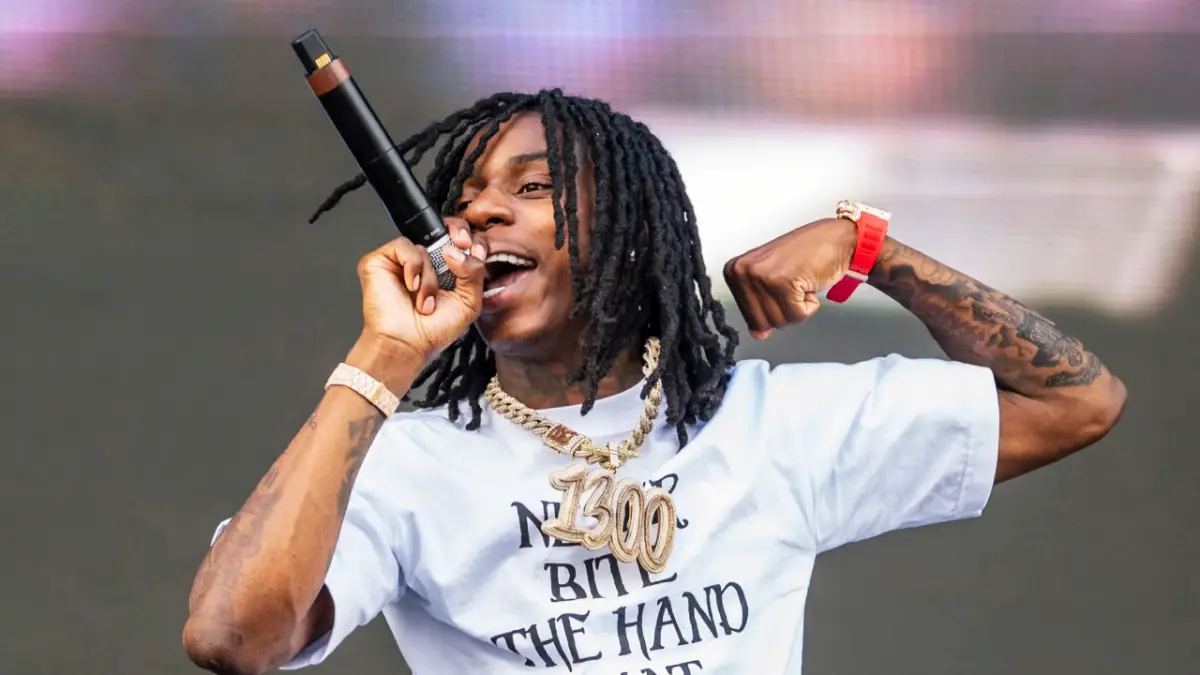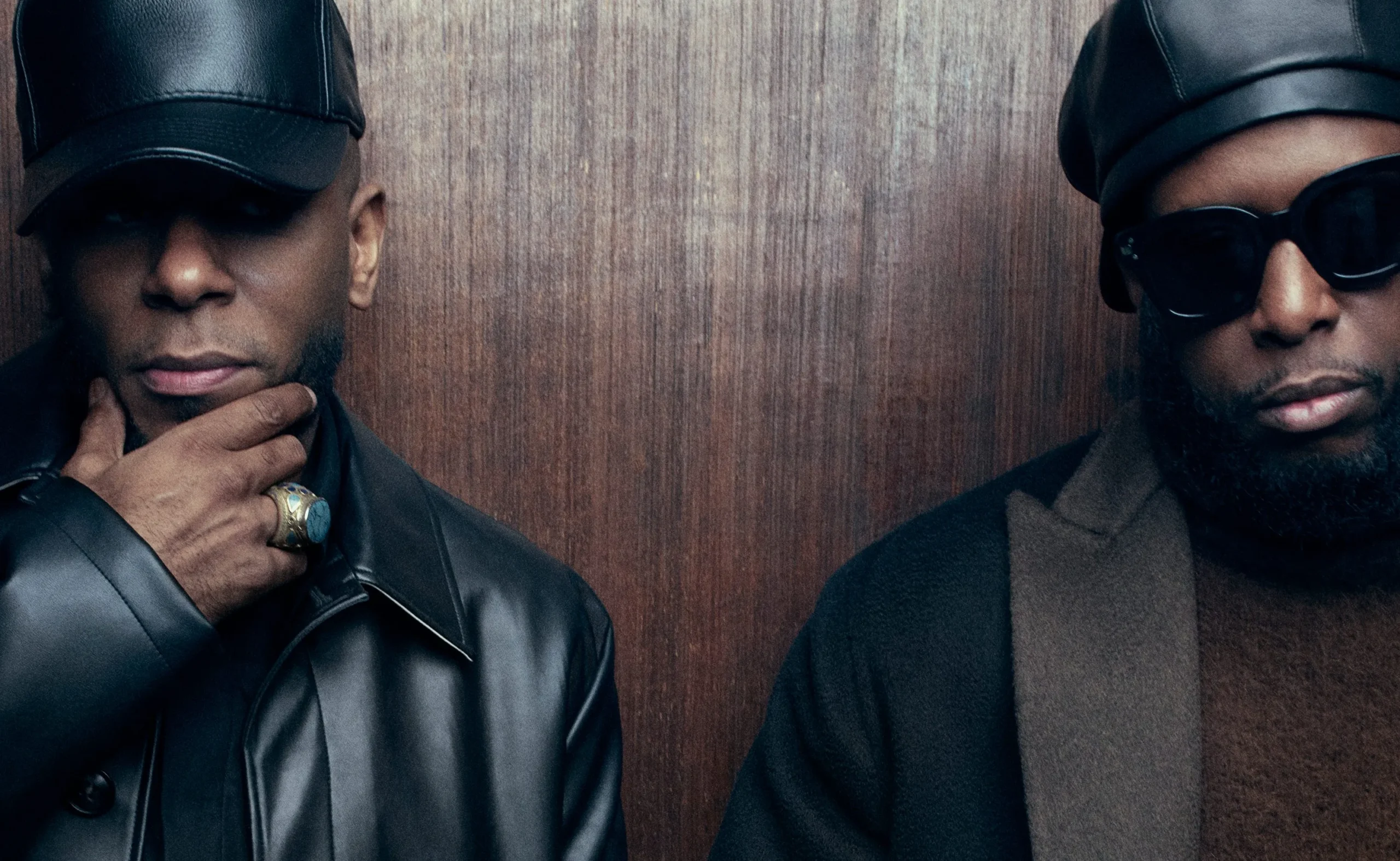
Hip-hop fans and critics alike have taken notice of the brand Amiri, as fashion is frequently just as equivalent statement in the genre as words. Rappers, however, have started a strange trend in which they disparage Amiri. The company became a contentious issue in the hip-hop scene, with criticism ranging from mild jabs in songs to harsh denunciation on social media.
So why specifically do rappers criticize Amiri?
Understanding the background of Amiri and its significance in hip-hop culture is essential to comprehending the phenomena. Established in 2013 by designer Mike Amiri, the brand of the same name immediately became well-known for its upscale denim material as well as the rock ‘n’ roll vibe. As leather jackets, distressed jeans, as well as graphic tees gained in popularity and started to fetch high prices, Amiri was linked to high-end streetwear and celebrity support.
But as Amiri’s renown grew, complaints about the company’s high prices and seeming lack of creativity also spread. Many critics contend that Amiri’s items are too expensive, especially in light of the popularity of comparable styles in the larger fashion industry. Additionally, detractors highlight the brand’s dependence on shabby and overly ornate designs which indicate of a bigger trend of the fast fashion representing the luxury and class
Rapper’s History With Amiri:
Rappers, who frequently act as judges of taste and importance in the hip-hop world, can’t help but be drawn to Amiri’s look. Numerous rappers, from mainstream celebrities to undiscovered talents, have been noticed donning Amiri’s unique designs in social media posts, music videos, and red carpet events. This support hasn’t, however, been without its critics.
Rappers often criticize Amiri because they believe the brand to be a symbol of ostentatious consumerism and shallowness. Within a scene that values street cred and authenticity, Amiri’s expensive clothes are seen by some rappers as a sign of a detachment from the hardships of everyday life. By criticizing Amiri, these designers declare their support for a more grassroots style that puts content above fashion.
Evolution Of Mindsets And Rap Culture:
Moreover, the emergence of socially conscious or “conscious” rap has elevated discussions of exploitation and economic injustice in hip-hop discourse. Rappers who diss Amiri might be doing so to call attention to the unethical practices of the fashion business, such as the use of environmental damage and sweatshop labor. These artists hope to associate oneself with much more sustainable and ethical way of consuming fashion by openly criticizing the brand.
Rappers Agenda For Fame:
Dissing Amiri is also a result of rappers trying to set themselves apart from the mainstream. Following current trends can be viewed as incompatible with artistic integrity in a genre that values uniqueness and authenticity. Rappers distinguish themselves from other artists in the hip-hop scene and declare their independence by dropping Amiri brand and the iconography that goes along with it.
For more blog based content please visit our page = https://usabloghouse.com/blog/
Finally, it should be noted that the phenomena of rappers criticizing Amiri is complex and has its roots in larger social, cultural, and economic processes within the hip-hop scene. The motivations behind these statements, which range from accusations of individuality and authenticity to criticisms of exploitation and materialism, highlight the intricate relationship that exists between identity, fashion and artistic emotions. It remains to be seen if this trend will stick around, but one thing is for sure: the relationship between fashion and rappers will keep changing in unexpected ways.
